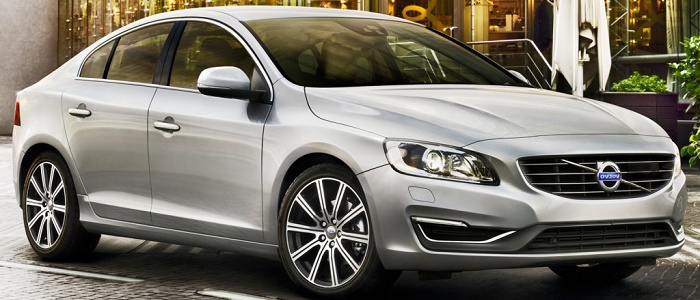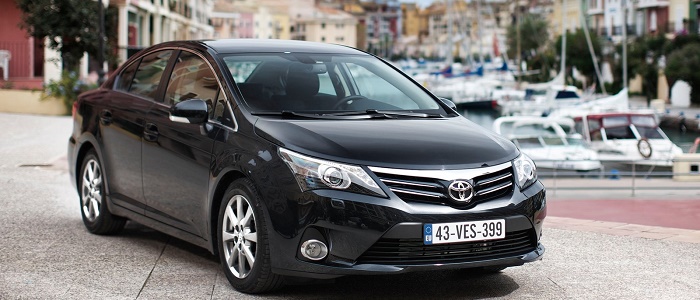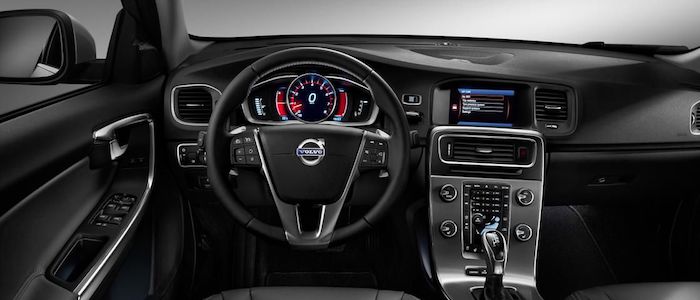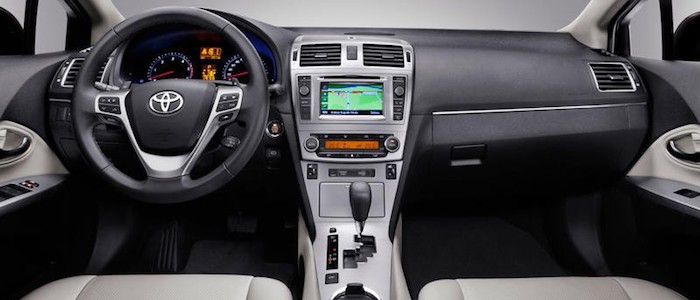Compare two cars
Compare any two cars and get our Virtual Adviser™ opinion
Dimensons & Outlines
Check vehicle history
Engine
Performance (manual gearbox)
Performance (automatic gearbox)
Expenses
Virtual Adviser's™ opinion
Well, these are two pretty similar cars we have here! It's only details that could potentially make the difference. Considering they both belong to the large family car segment and utilize the same 4-door sedan body style and the front wheel drive system, it all comes up to the specific petrol engine choice they offer. The first one has a Mazda-engineered powertrain under the hood, a 4-cylinder, 16-valves 240hp unit, while the other one gets its power and torque from a 4-cylinder, 16-valves 152hp engine designed by Toyota.
SafetyThe first thing to look into here would be the results from European New Car Assessment Programme (Euro NCAP) tests performed on the two cars. Good thing is that both vehicles got tested, with the same number of safety stars gained in the process. Still, apart from the official crash test results there are other things we need to be aware of. Both vehicles belong to the large family car segment, which is generally a good thing safety-wise, but that fact doesn't break the tie between the two cars. Furthermore, when it comes to weight, a factor that most people underestimate, the Swedish car offers a marginal difference of 8% more metal.
ReliabilityI don't like generalizing things when it comes to reliability, although it does seem that Toyota does have a slight advantage, at least on all of the models level. These are the results of an independent reasearch, while our visitors describe reliability of Volvo with an average rating of 3.2, and models under the Toyota badge with 4.6 out of 5. Independent research findings rank S60 as average reliability-wise, and Avensis is more or less at the same level.Above it all, drivers of cars with the same engine as the Swedish car rank it on average as 3.6, while the one under the competitor's bonnet gets 4.0 out of 5.
Performance & Fuel economyVolvo is way more agile, reaching 100km/h in 3.1 seconds less than its competitor. In addition to that it accelerates all the way to 230 kilometers per hour, 30km/h more than the other car. When it comes to fuel economy things look pretty much the same for both cars, averaging around 6.4 liters of fuel per 100 kilometers (44 mpg), in combined cycle.
Verdict
Toyota is apparently more reliable, not too much, but just enough. The most important thing when deciding between any two vehicles should always be safety, both passive and active. In my opinion, everything taken into account, the Swedish car offers slightly better overall protection and takes the lead. It all continues in the same direction, with Volvo outracing its opponent in any situation possible, making it better choice for boy racers. To make things even better, it consumps less fuel! All together, there's not much more to say, in this case I wouldn't even consider anything but Volvo. Anyway, that's the most objective conclusion I could've came up with and it's based solely on the information found on this website. Aspects such as design, practicality, brand value and driving experience are there for you to measure them out. Also, you could use the oportunity to find out which car, everything taken into account, would be the perfect choice for you in the eyes of the virtual adviser™, among more than 12.000 different ones in our database.

































